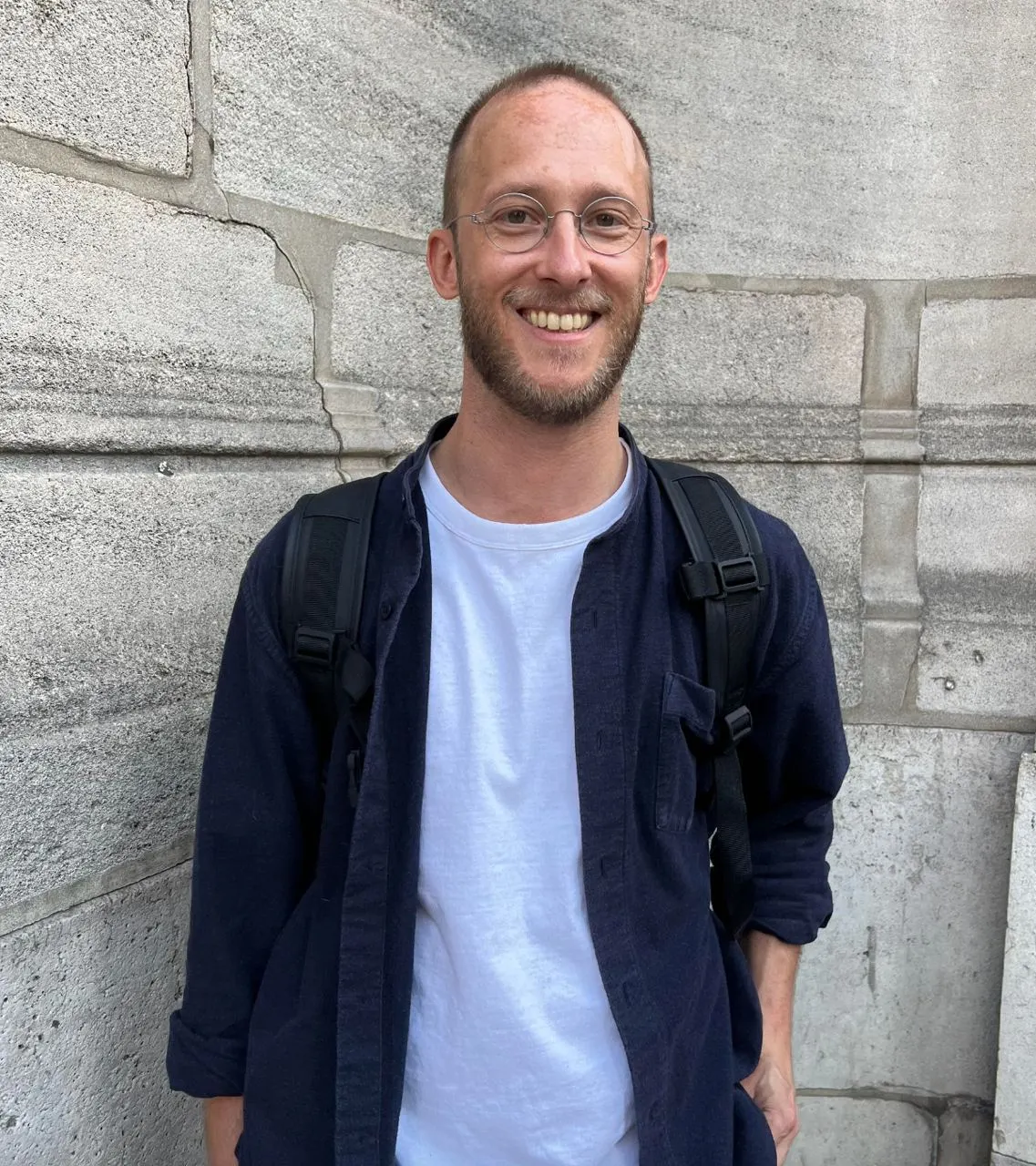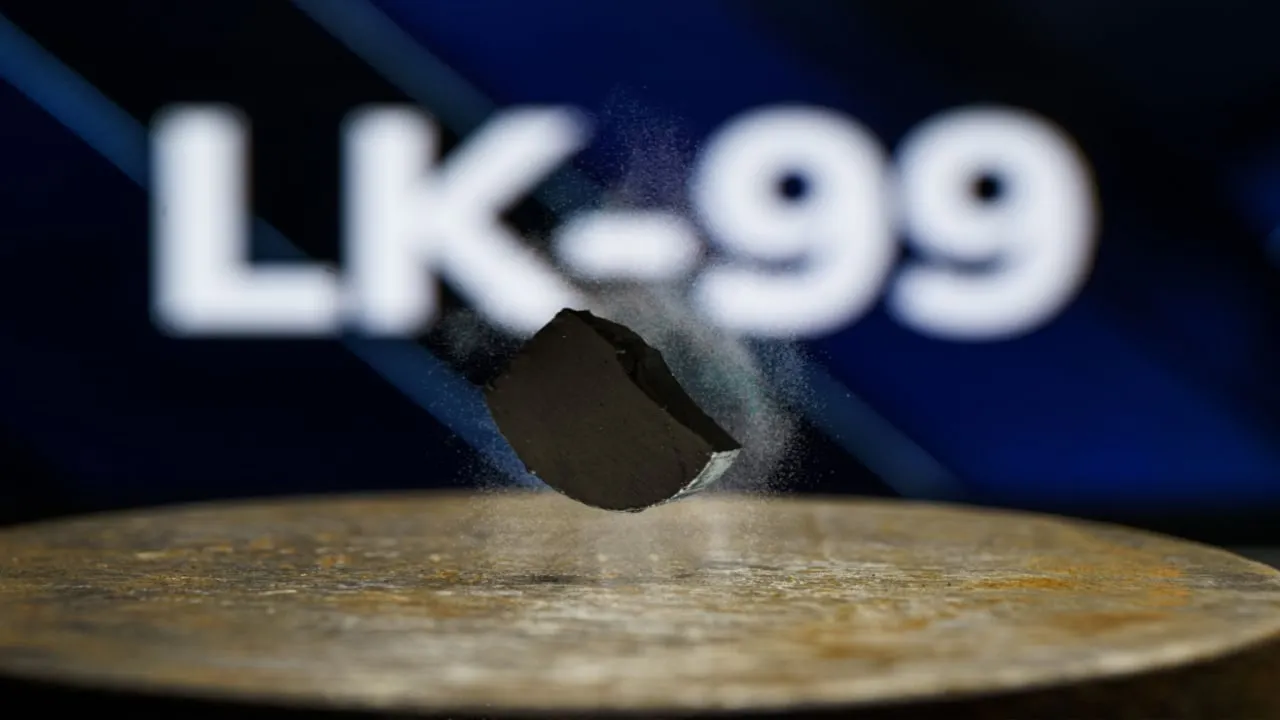The race to replicate LK-99, a superconductor capable of transmitting energy without resistance at room temperature, has kicked off in the DIY science community.
On July 22, a team of Korean scientists from the Quantum Energy Research Institute shared preliminary papers introducing this substance. They claim it exhibits superconductivity at temperatures as high as 400K (127°C), a significant leap from the previous record of -135°C.
If validated, it would supercharge the energy industry by enabling electricity transmission without resistance. This could lead to reduced waste, lower energy bills, and a significant contribution to mitigating global warming, among other applications.
And the fact that LK-99 is composed of just four readily available ingredients–red phosphorous, copper, lead sulfate, and lead oxide–has also piqued the interest of DIY scientists.
Among them, Joshua Bate stands out.
In October 2021, he established DesciWorld, a platform designed to facilitate decentralized research and enable peer-to-peer funding for any anonymous research.
Like decentralized finance, an alternative to the current financial system, decentralized science (DeSci) offers a more open, community-driven way to conduct experiments and research around the world.
"I've applied the philosophy of DeFi and decentralization, which I've gained from my experience in crypto to the field of science," he told Decrypt. "Decentralized science is fundamentally an egalitarian movement. Currently, science is heavily controlled by institutions. This elitist approach is a significant problem."
Amid the latest LK-99 frenzy, Bate launched a new group on the platform called the Superconductor Collective. The group aims to encourage collaboration among researchers interested in precisely this.
“It would mean that people can create highly sophisticated and powerful technical equipment very easily,” Bate said on the arrival of LK-99. “It would be a eureka moment in decentralizing manufacturing.”
Besides its implications for clean energy and improved battery storage, a room-temperature superconductor could finally enable quantum computing, a bogeyman of sorts for the crypto industry as aspects of cryptography could potentially become obsolete.
"If we were to achieve quantum computing in the current global context, I believe that losing access to private keys would be the least of our worries," Bate said, emphasizing the fact that the benefits would far outweigh the potential difficulties.
Asked about the possibility that this “superconductor mania” ends up with no results, Bate explains that it would not have any impact on the DesciWorld members' determination to help science advance.
“We knew full well going into this that the venture was potentially going to come to nothing,” he told Decrypt. “The point of DeSci is to prove, and allow the general scientific society the opportunity to prove, whether this is actually a viable superconductor or not. Our aim is to extend the ‘don't trust, verify’ ethos of blockchain to science too, by giving the tools for scientists to work wherever they are.”
It remains to be seen whether the next groundbreaking discovery that could alter humanity's course will emerge from a decentralized collective of scientists.

